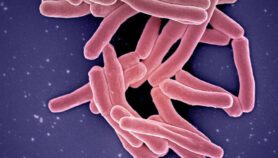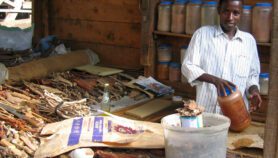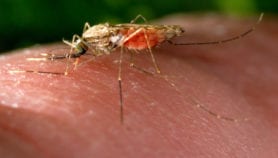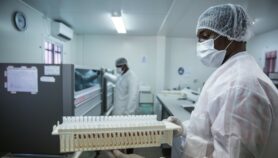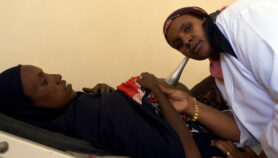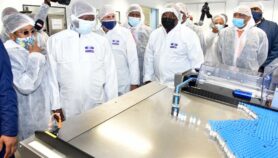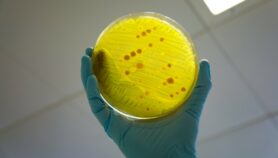Send to a friend
The details you provide on this page will not be used to send unsolicited email, and will not be sold to a 3rd party. See privacy policy.
Antibiotic resistance is hitching a ride down the two-lane highway in Borbón, northwest Ecuador, says an article in Science NOW.
Until the highway was built in 1996, more than 100 Ecuadorian villages in the Esmeraldas region were isolated, with the waterways the only means of transportation. Now people, goods and foreign microbes can all be transported with ease, potentially including antibiotic-resistant bacteria from hospitals in city centres.
To test their theory, the researchers visited 21 communities and collected more than 2,000 stool samples.
They then analysed the samples looking for Escherichia coli bacteria that are resistant to common antibiotics. They found that the shorter the drive time from the community to Borbón, the more antibiotic-resistant bacteria villagers had.
The more antibiotics villagers took the more likely they were to transmit the new drug-resistant bugs to their neighbours, and this was exacerbated by the poor sanitary conditions, the study says.
Stuart Levy, a scientist at Tufts University, United States, told Science NOW that the results fall in line with a number of studies that warn against excessive antibiotic use.





